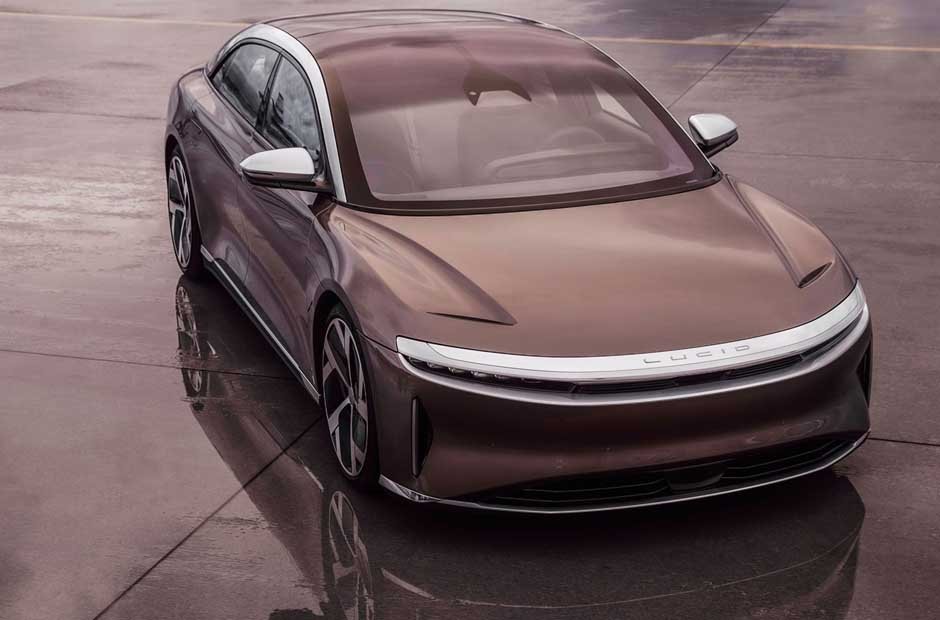In a shift that marks a turning point in the automotive industry, electric vehicles (EVs) have started outselling diesel cars, signalling a significant change in consumer preferences and a positive move towards reducing emissions.
Electric vehicles have come a long way from being niche products to mainstream options for consumers. Recent reports highlight that EVs have started to outsell diesel vehicles in the UK, a trend mirrored in various parts of the world. This shift is attributed to several factors including advancements in EV technology, increased range, reduced charging times, and a growing network of charging stations.
One of the main drivers behind the surge in EV sales is the growing awareness of the damaging effects of diesel emissions on the environment. Climate change, air pollution, and the need for sustainable living practices have become central concerns for many people, influencing their purchasing decisions. Electric vehicles, with their zero tailpipe emissions, represent a cleaner alternative to traditional fossil fuel-powered cars, appealing to environmentally conscious consumers.
Technological improvements have significantly enhanced the appeal of electric vehicles. Increased battery capacities mean that many new models can travel longer distances than their petrol or diesel counterparts on a single charge. Furthermore, innovations in charging technology have reduced the time required to recharge an EV, making them more convenient for everyday use.
Governments around the world have introduced various incentives to encourage the adoption of electric vehicles. These range from tax breaks and grants for purchasing EVs to investments in charging infrastructure, making electric vehicles a more economically viable option for consumers.
The Dieselgate scandal significantly contributed to the drop in diesel car sales. Public trust in diesel technology was shattered when Volkswagen’s major involvement in the 2015 diesel emissions scandal was exposed. The German automaker’s cheating on emission tests led to stricter emission regulations as the harmful levels of nitrogen oxides (NOx) and particulate matter from diesel engines were revealed, pushing consumers towards cleaner options like electric vehicles.
The Statistics
In 2023, the EV market surged by 40.1%, while diesel car sales plummeted by 38.9%, as reported by the Society of Motor Manufacturers and Traders (SMMT). Additionally, new car CO2 emissions hit a record low of 11.4g/km according to the SMMT. Interestingly, most EV growth came from businesses and fleets, which made up two-thirds of all EV registrations. Towards the end of the year, a shipment of new Tesla models caused a spike in sales numbers. The Model Y crossover took the lead with 10,664 sales, closely followed by the Model 3 with 5,704 units. As a result of Tesla’s late surge, the Model Y secured third place in overall 2022 UK car sales ahead of popular models like Nissan Qashqai and Vauxhall Corsa. In 2022, Tesla’s Model Y and Model 3 along with the Kia Niro EV were the top three best-selling electric vehicles.
The Challenge of Diesel Emissions
The fine particulate matter and nitrogen oxides released by diesel engines contribute to respiratory diseases, cardiovascular issues, and premature deaths. The shift towards electric vehicles represents a significant step in addressing these public health challenges.
Diesel cars contribute significantly to greenhouse gas emissions, exacerbating climate change. The transition to electric vehicles is crucial in mitigating the environmental impact of road transport, offering a pathway to achieving emissions reduction targets set by countries worldwide.
Policymakers play a critical role in accelerating the transition to electric vehicles. By implementing stringent emissions standards, providing financial incentives for EV purchases, and investing in charging infrastructure, governments can facilitate a faster move away from diesel cars.
The decline in diesel car sales raises questions about the future of this technology. While diesel might still have a role in certain sectors, the trend indicates a decreasing preference for diesel cars among consumers, pushing manufacturers to focus more on electric vehicle production.
How Individuals Can Contribute
One of the most direct ways individuals can participate in reducing diesel emissions is by choosing an electric vehicle for their next car purchase. This decision not only reduces one’s carbon footprint but also contributes to the growing demand for clean energy and sustainable transportation options.
Individuals can also play a role by advocating for more robust environmental policies and supporting initiatives that promote electric vehicle adoption. Raising awareness about the benefits of electric vehicles, both from an environmental and economic perspective, can help accelerate the transition.
Participating in community programs or initiatives that encourage the adoption of electric vehicles, such as group purchases or local charging infrastructure projects, can further enhance the impact of individual actions. Engaging with local governments and businesses to hold car manufacturers accountable for diesel emission claims is also critical.
The UK’s shift from diesel to electric car sales signals a significant turning point in the automotive sector. It showcases an increasing acknowledgement of the environmental, health, and economic advantages of electric transportation. Through ongoing innovation, favourable policies, and collaborative efforts, the vision of clean and sustainable mobility can be achieved.
















